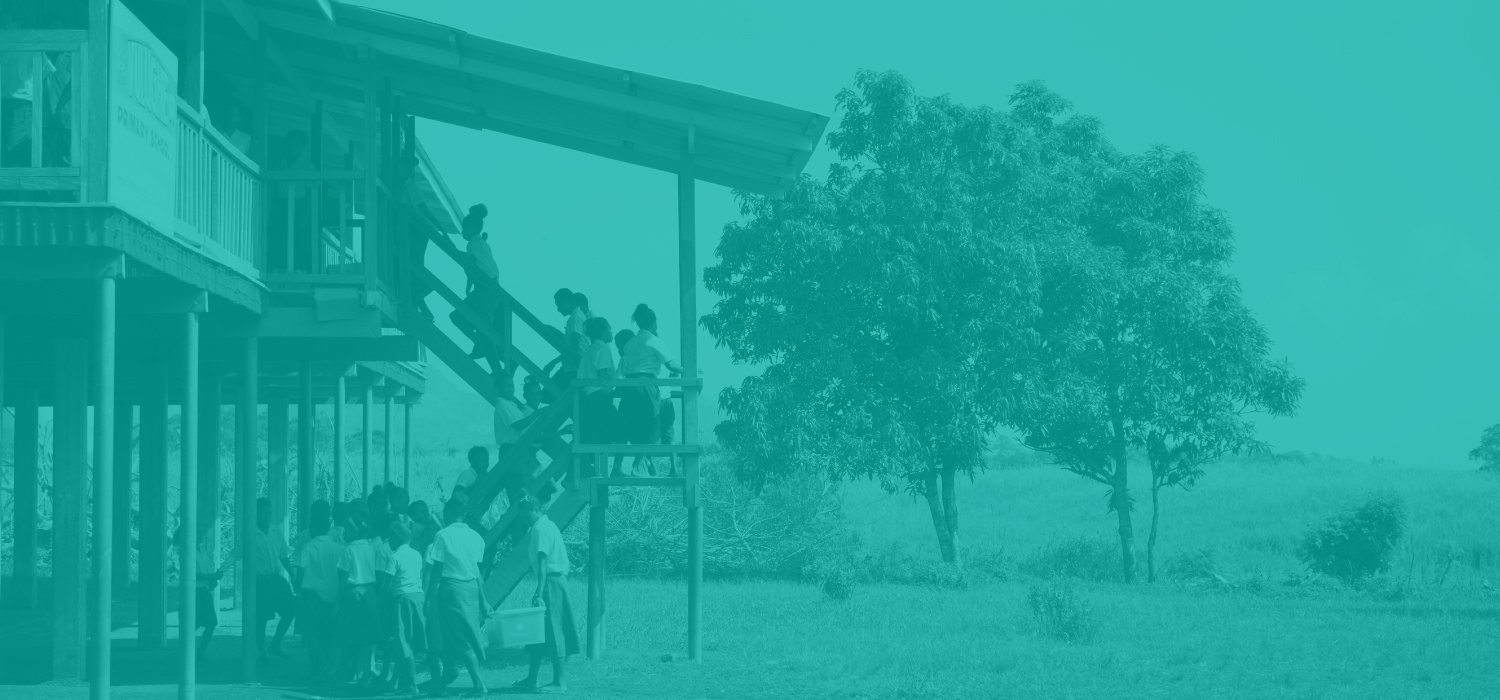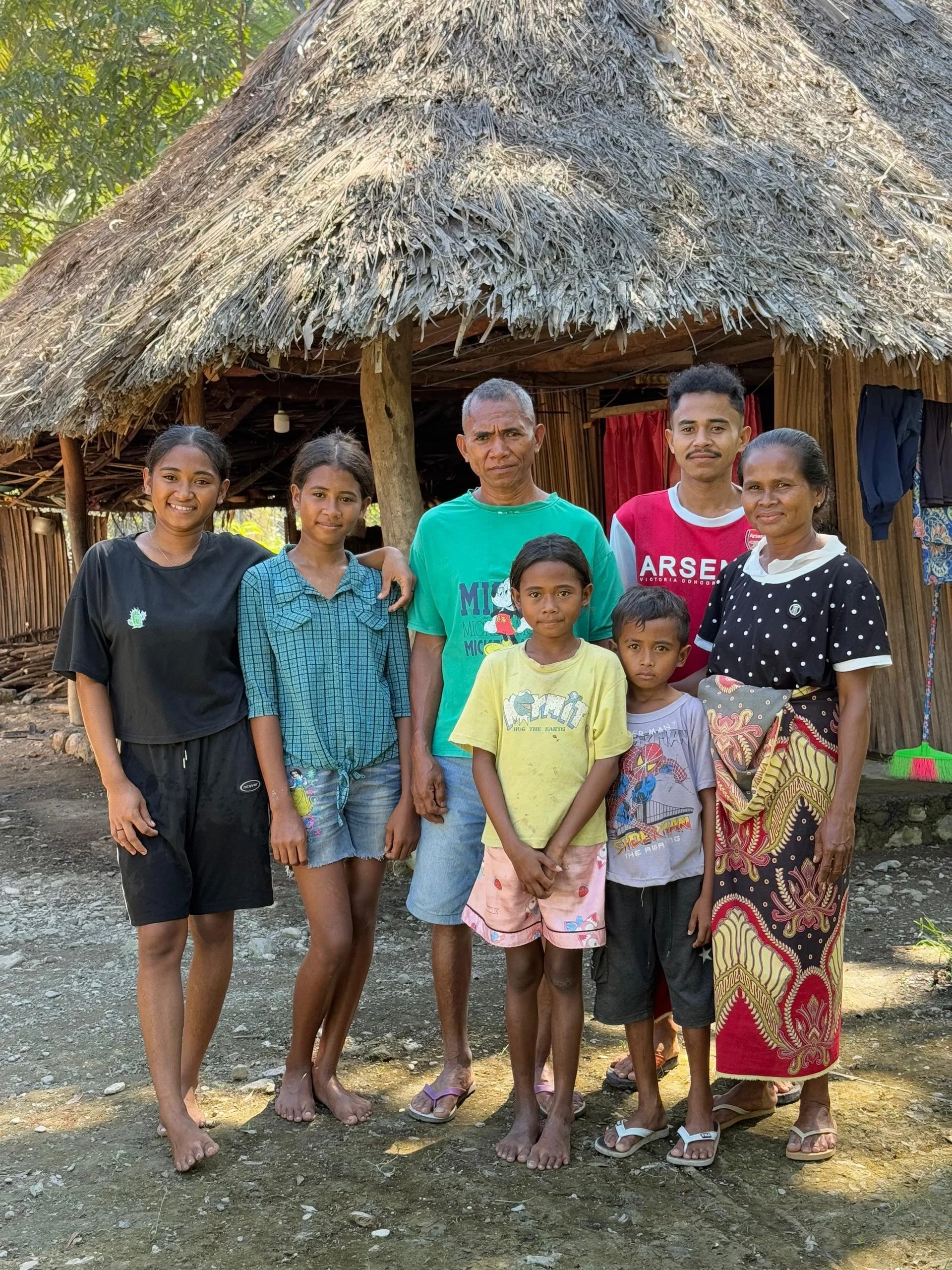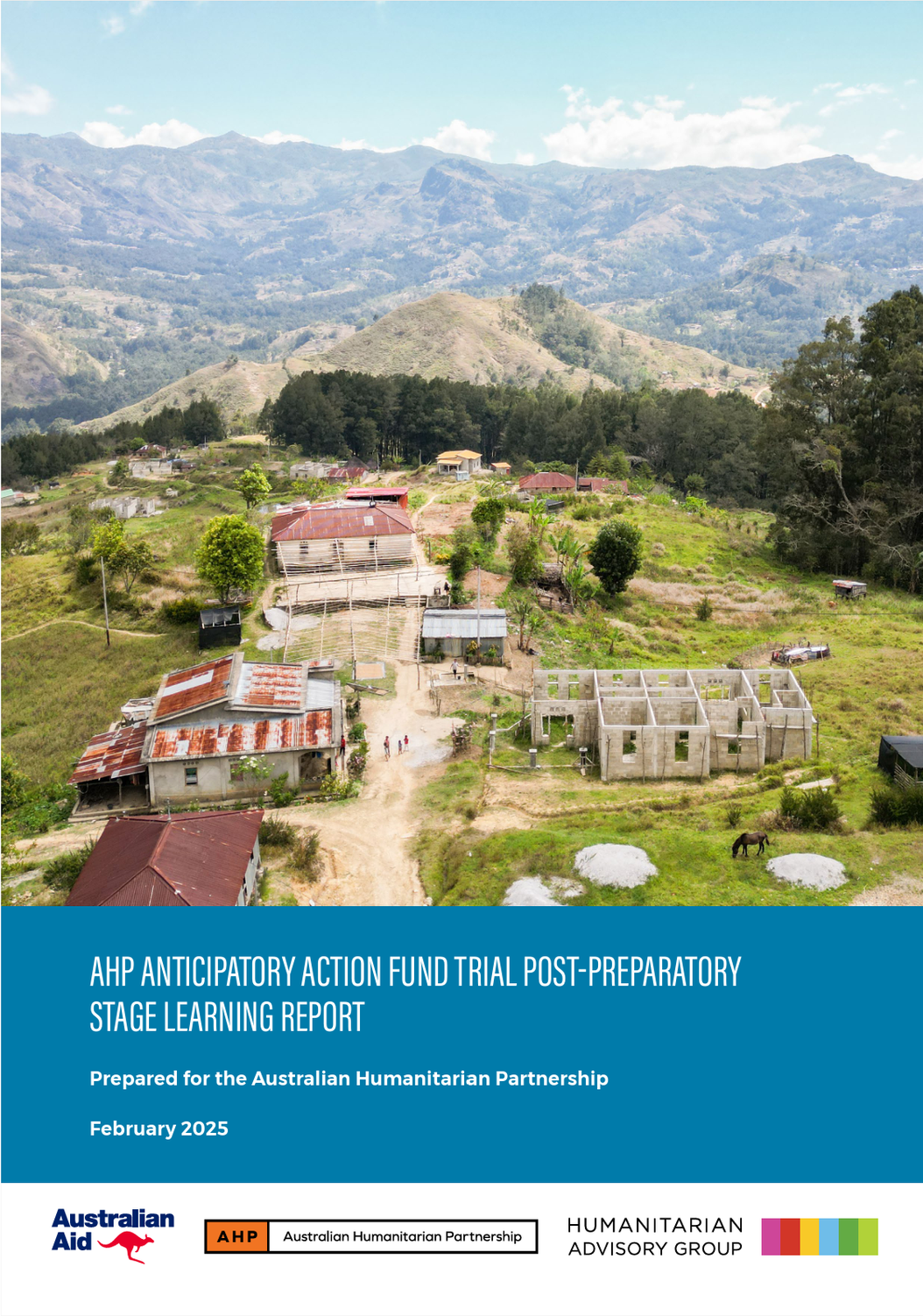
AHP Anticipatory Action Trial
What is Anticipatory Action?
By shifting the focus of disaster response to the pre-crisis space, Anticipatory Action (AA) is allowing humanitarians and affected communities to make informed decisions ahead of disaster events – saving time and money; preventing displacement, disease, loss of livelihood; and preserving the dignity of those affected.
Throughout history, vulnerable communities have used ancestral knowledge and practices to protect their families, homes, and livelihoods from imminent disasters. Similarly, humanitarian actors have invested in emergency preparedness for decades, though progress has often been hampered by limited resources and competing priorities. AA builds on these approaches, by adding a new step in the traditional disaster management cycle.
What sets AA apart from preparedness is that activities and disbursement of funds are activated by a pre-agreed trigger – an indicator that a hazard is imminent and severe. Triggers are based on risk analysis and forecasts, with the goal of beginning interventions before a crisis escalates into a humanitarian emergency.
Critical to the success of AA is a ‘no regrets’ approach – if the AA mechanism is triggered but the disaster does not occur, it may not have the same preventative impact, but will still be valuable in reinforcing preparedness and learning.
There is a growing body of evidence that actions to support communities prior to an imminent hazard result in reduction of loss and livelihood and are a more cost-effective investment than responding after an event.
What is the AHP Anticipatory Action Fund?
AA has been trialled South Asia, Southeast Asia, Latin America and Africa and there is increasing interest in understanding the effectiveness of anticipatory actions in the Pacific and Timor-Leste, one of the world’s most disaster-prone regions.
Governments and development partners are now investing in regional and national systems to support Anticipatory Action in the Indo-Pacific.
The Australian Government has provided funding of AUD 3.315 million to trial community-based Anticipatory Action through the Australian Humanitarian Partnership Anticipatory Action Fund (AHP AAF).
The AHP AAF will build on Community Based Disaster Risk Management (CBDRM) programs under Disaster READY to support communities to take protective actions prior to hazards and to complement other national initiatives.
The fund will operate through to December 2026 and aims to assist partners in experimenting with community-based action. While the trial is small scale, coordinated AHP country frameworks will provide scope to demonstrate how the approach could be expanded to support larger efforts.
The AHP AAF was launched through an expression of interest in early 2023, with partners in Timor-Leste and Vanuatu selected to participate in Phase 1 of the trial and partners in Papua New Guinea in Phase 2. Participation in the trial is voluntary. The AHP Support Unit is conducting a real time review of the trial. This includes rapid after-action reviews, regular learning reflections and a series of reports that will chart progress. A hybrid learning event for partners was held in June 2025.
As of mid 2025, the fund is live in Phase 1 trial countries, while framework development continues in PNG. This means that triggers to activate have been pre-approved and that the fund will activate any time these triggers are reached, with AA activities commencing immediately. A readiness activation took place under the fund in Oecusse, Timor-Leste, in February 2025 after weather forecasts indicated potential flooding. The activation threshold was not met for AA, however valuable learning was drawn from entering readiness stage, which will inform future efforts. The community is also better prepared for flood events and more familiar with the mechanism.





